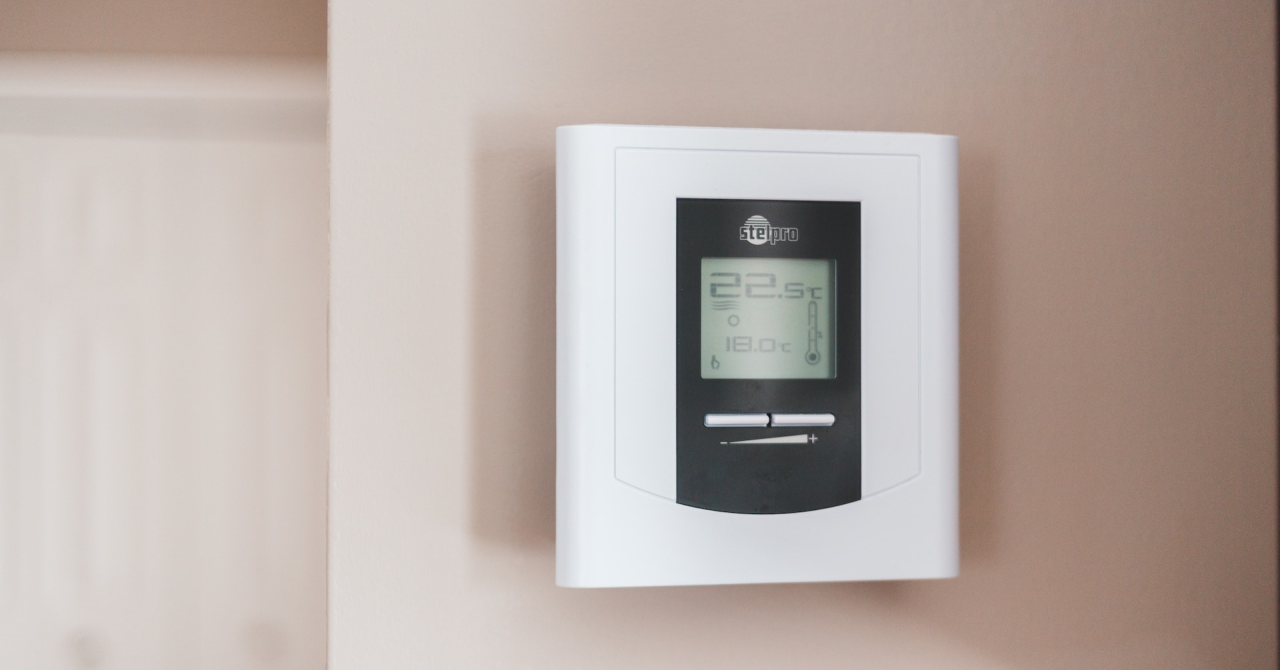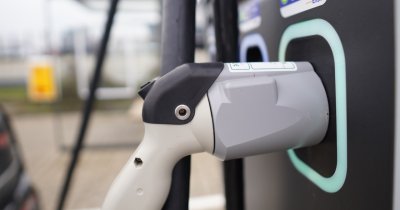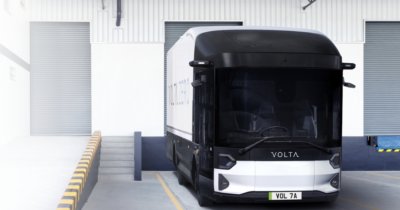Heat pumps are devices that use a technology similar to that found within our refrigerators, meaning that it extracts heat from a source, such as air, geothermal energy or water. Using that heat, it amplifies it and sends it through pipes within a building.
What I was surprised to find out during our trip at Bâlea Lake, where I had my first contact with heat pumps, is that these systems can also cool the air, rather than just heating it, while also being more energy efficient than a regular central heating unit.
Why can heat pumps be better than other heating systems
Their advantage is especially visible on the long-term, as we learned from the experts at NIBE Sweden, a company that commercializes heat pump systems, such as those installed at the Bâlea Lake Cabin.
"If a heat pump uses one kilowatt of electricity, then it outputs 5 kilowatt-hours of energy, so it's a really efficient way to produce heating, compared to other kinds of heating systems", we learned from Adam Jonsson, Global Product Manager Indoor Units, Water heaters & Storage tanks, NIBE Sweden.

By contrast, he explained, a fossil-fuel based heating unit would only have a 95% efficiency, meaning that the five times efficiency of the heat pump is currently hard to beat in the indoor heating industry.
Another advantage that the representatives of the Swedish heat pump manufacturer point out to is the fact that these climate control systems are also more silent, when compared to other heating units, meaning that noise levels are lower, increasing comfort even further.
NIBE's heat pumps, like others out there, can also be controlled from a smartphone application, meaning that the temperature can be controlled by the owner, as well as the flow of air required, if it's for heating or cooling, for example.
Since the energy market in some countries has fluctuating prices, not the case of Romania for now, heat pump systems are intelligent enough to know when prices are lower, meaning that they can work harder then, only to reduce their power output when price hikes may occur, saving the owners money in the long run.
Where can you install heat pump systems
When it comes to installing a heat pump system, these can be implemented pretty much anywhere, if the structure of the building allows it, but there are some things that may affect how expensive or affordable it would be to have heat pumps.
"It depends on the type of the building and how old it is and the structure of the building, the materials and the insulation... Definitely, it can be 25-30% more expensive due to the heat loads", Green Start-Up learned from NIBE and Trust Expert, the Romanian company who installs and maintains HVAC (heating, ventilation and air conditioning) systems from NIBE in Romania.

This means that it's not necessarily about how old the building is, but rather how well-insulated it is, so that it doesn't lose heat, making the heat pump work harder to keep the optimal and desired temperature.
NIBE and Trust Expert also suggest that renovation could help with improving the insulation of a building before the heat pump is installed and based on that performance, an estimated would be made for what kind of a system would be required.
A flexible temperature control solution
Heat pumps are also great especially for industrial applications, because they are very flexible when it comes to delivering an optimal thermal comfort across the building. This means that, if you want to have one room set on a higher temperature, with heating enabled but another one at a lower temperature, with air conditioning from the same heat pump, that is entirely possible.
This makes the system very flexible and it allows you to rely only on one solution for both, instead of having a central heating system, as well as traditional air conditioners.
One important thing NIBE recommends when choosing a heat pump system is making sure that the customer doesn't focus only on having the system correctly installed, but also having a company or a partner that can take care of the periodical maintenance required to keep the systems functioning properly.
For a 150 square meters home, a good HVAC system from NIBE can cost anywhere from 8.000 euros plus tax to 12.000 euros plus tax, so it's not exactly cheap, but given the efficiency and the flexibility of the systems, they could be well worth the investment in the long term.
They are also less efficient during cold weather, due to the fact that they have to resort to an electric heating element, although temperatures have to drop quite a bit below 0 Celsius for that to become a real issue.
Overall, heat pumps can be the more desired temperature control system for your home, but even for an office or industrial building, as it allows flexible temperature control across the spaces, as well as much higher efficiency at normal temperatures. The high upfront cost can be a drawback, but the potential long-term savings are equally as important to keep in mind.
 Mihai - Cristian Ioniță
Mihai - Cristian Ioniță












Any thoughts?